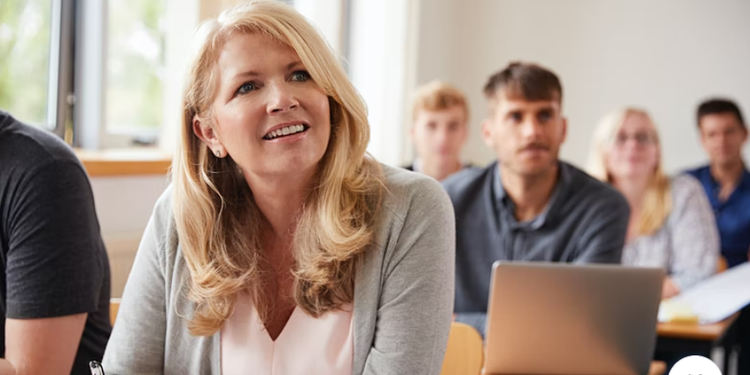
What is not often well-known or well-understood is that students who are gifted may also have a special need or disability— just as students with disabilities may also be gifted. The term “twice-exceptional,” also referred to as “Gifted Learners with Disability” (GLD), is used to describe gifted children who have the characteristics of gifted students with the potential for high achievement, and give evidence of one or more disabilities as defined by federal or state eligibility criteria. These disabilities may include specific learning disabilities, speech and language disorders, physical disabilities, autism spectrum, or other impairments such as attention deficit hyperactivity disorder (ADHD).
How can we transform experiences for marginalised students so they can develop their potential? It is in everyone’s interest to support all students and not to neglect those who are intellectually gifted, sometimes with concurrent disability or disadvantage, which can result in lack of educational opportunity.
This course builds on the knowledge learned on Mini-COGE. In this session, teachers will learn in greater detail what we mean by Gifted Learners with Disability (GLD), their most common strengths and challenges, identification, and classroom practice. Strategies that support the strengths of GLD students, whilst supporting their disability, to enhance educational and socio-emotional outcomes will be explored. Moreover, strategies that can increase the engagement of GLD students will be applied through the development of Individual Education Plans.
Teachers will:
Attendees must have completed the Mini-COGE Day 1 & 2.
Attendees should prepare the following for this program:
1. A case study student scenario – this might be a de-identified IEP (or de-identified information about a student/s that are either already identified or you suspect are GLD). This case study scenario will be used during the program.
2. A unit of work for that case study student (e.g a GLD year 7 English student and a year 7 English unit). Your case study student will be used when planning strategies to support their learning in this unit of work.
During NESA's interim period, this course can be counted towards your maintenance requirements as Elective PD.
Please see more information from NESA on this transition arrangement here.
Dr Geraldine Townend is a published academic with over a decade of experience in the field of gifted education, having expertise in the area of GLD. Geraldine is a researcher and lecturer at the University of New South Wales (Gifted Education Research and Resource Information Centre) in the areas of gifted education, GLD, creativity, and special learning needs. Her research interests focus on supporting gifted and GLD students to aspire to their potential in education, which includes the development of positive academic self-concept.
Geraldine’s research findings indicate that there are several sociological and psychological influences on academic self-concept, including a social comparison theory, and she is particularly interested in the interaction between teachers and their students. She has also focused on outcomes for pre- and post-graduate teachers’ understandings of diversity in education, including inclusive classroom practices and applications of National Curriculum. Her university teaching was recognised in 2015 with the award of Teaching Excellence Commendation.
Geraldine supports curriculum development at state and national level, and has been featured on national TV. She also provides advice for parents and families of gifted and GLD students, and works closely with State and National Associations.
She is a presenter of the Mini-COGE course at UNSW where she enjoys the opportunity to share her passion for gifted education and meet a diversity of other educators.
*Please note that attendance for all hours is mandatory in order to receive accreditation. No partial attendance will be able to receive accreditation, so please plan your travel and commitments accordingly.
What's the refund policy?
Please read the participant agreement for further information regarding refunds.
How can I contact the organiser with any questions?
Phone: 02 9385 1972
Email: education.events@unsw.edu.au
Posted By
.png)